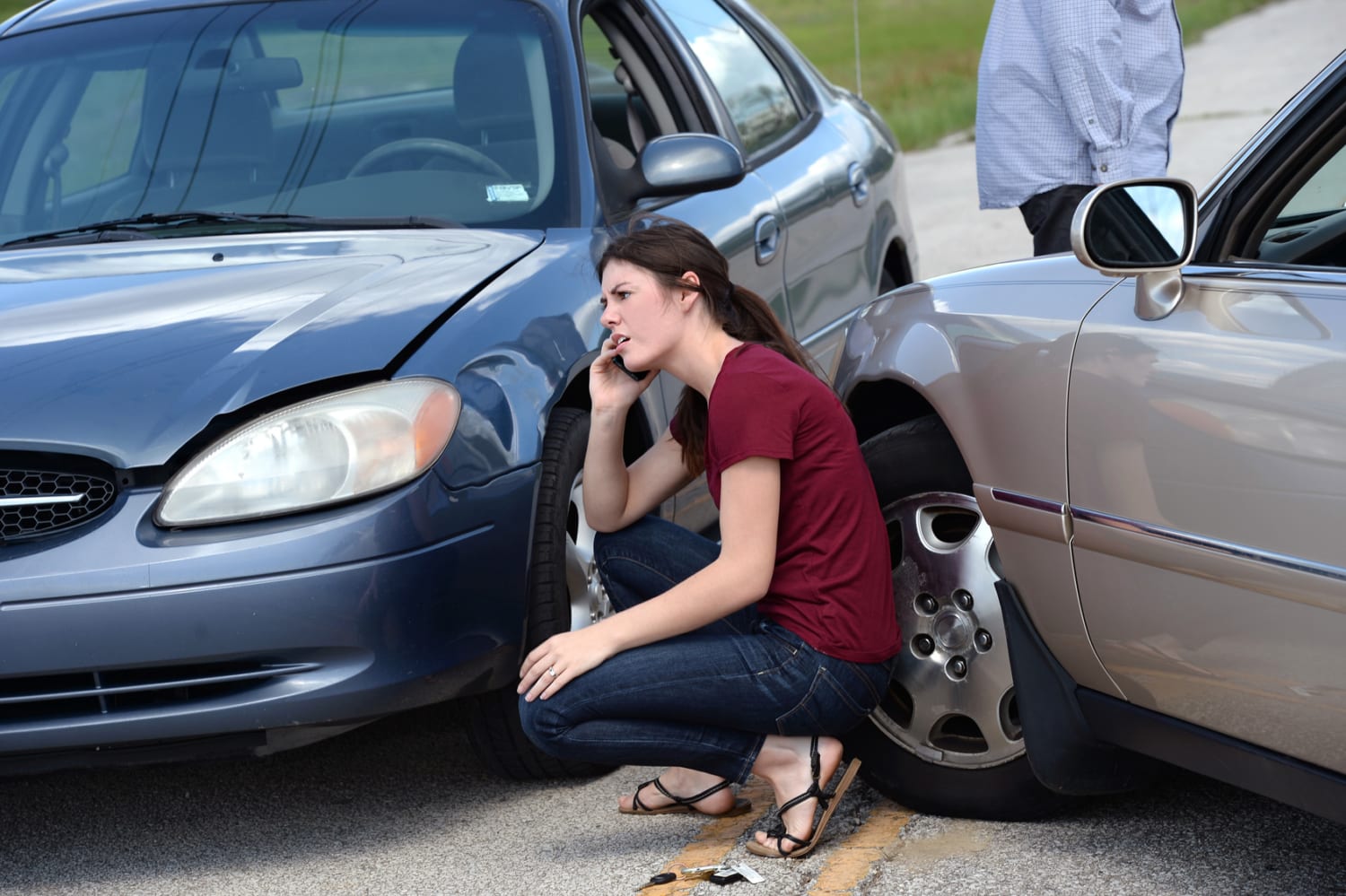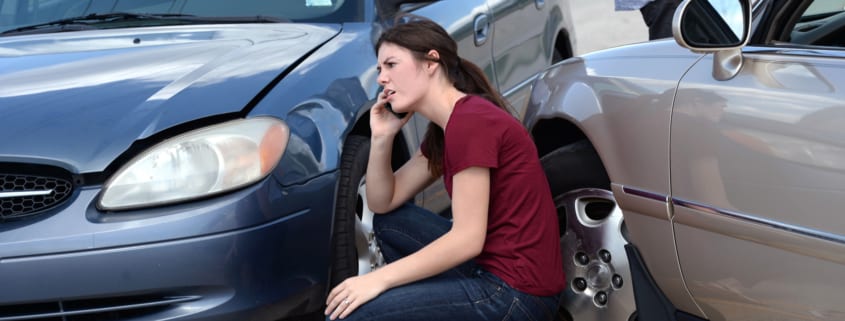What To Do After a Car Accident When You’re At Fault

Be Honest and Play It Safe
Most drivers have been there. You’re having a rough day. The kids were unruly, you’re running late for work, the traffic is unbelievable. You’re thinking of everything but the road ahead of you when suddenly, as if in slow motion, you ram the car in front of you at the stop light you didn’t see. So what to do after a car accident?
- Even a fender bender can be a stressful experience, no doubt about it. Worse, you, one of your passengers, or the people in the other car could be seriously injured. If you’re able to move, you should immediately check if anyone has been injured.
- Now is not the time to assess fault or get into an argument with the other driver. Be polite, but do not admit fault at the scene of the accident. Even an innocent comment like “I wasn’t paying attention” can be taken as an admission of guilt. “Are you okay? Let’s call 911,” is all you need to say after an accident.
- Do not leave the scene of the accident—in many states, this is illegal and you could even end up in jail. Instead, call 911 and report the accident immediately, no matter how minor it may seem at the time, and even if you know you were at fault. Let the police determine who was at fault.
- No one should move anything until the police arrive, unless the accident takes place on a busy road such as an expressway. Some states require you to move to an accident investigation area if the vehicles are still drivable. But for most accidents on public streets, you should not try to move your vehicle.
- Today, most people have a camera built into their cell phones, so taking photos of the scene is a good idea, even if the accident is your fault. Your insurance company can use any photographic evidence to assess fault and costs of repair. But even before you take photos, you should call your insurance company.
- One critical mistake many people make is thinking they can get away with not reporting minor accidents to their insurance companies, especially if the minor accident was clearly their fault. Failure to report an accident is considered a breach of contract by most insurers and they may refuse to represent you. Staying in good faith with your insurer is vital to avoid paying out of pocket.
Understand the Terms of Car Accident Claims in Your State
In the stress and excitement of the moment, it’s easy to say or do the wrong thing. So before you even get into your car, you should understand your state’s insurance laws and how they apply to you. Do you live in a tort state or a no-fault state? Most US states are tort states, but a few have different no-fault laws.
In a tort state, fault is determined by the police or insurance company and the at-fault driver’s policy is on the hook for any damages to the other driver. In tort states, each driver must carry minimum liability insurance. In a no-fault state, each driver has to carry enough personal injury protection (PIP) to cover their own medical costs. In both kinds of states, you will need additional collision coverage to fix the damage to your car caused by an accident that was your fault.
Collision coverage is usually an additional policy that goes beyond minimum liability insurance in tort states. Most collision policies come with $250, $500, or $1,000 deductibles, the amount you have to pay before the insurance kicks in. Higher deductibles mean lower premiums.
It’s also a good idea to carry additional medical coverage, also known as bodily injury coverage. Many health insurance policies will cover injuries in car accident claims, but check with your insurance agent to be sure. In no-fault states, you have to carry PIP coverage for the other driver only, so additional medical coverage can fill any gaps.
Do Car Accident Claims Make Your Premiums Go Up?
Many drivers fear higher insurance costs if they know they caused an accident. Will your premiums go up if you cause an auto accident? Unfortunately, in most cases, yes. According to the Insurance Information Institute, policies vary widely by company, but generally, an accident you caused will stay on your insurance record for 3 years and your premiums will go up. In some cases, an insurer may drop you if you cause more than 2 or 3 accidents in a short period of time.
However, like most insurance-related matters, states regulate how much your insurer can raise your premiums because of accidents or other issues. In Massachusetts, for example, an accident more than 5 years old can’t affect your premiums. In addition, your insurer has to clearly explain its rules and rating factors used to determine your after-accident premium increase.
Knowing that you just caused an accident and that your insurance premiums are about to go up, you might be tempted to not report the accident to your insurer. After all, no one was hurt and you only dented the other guy’s fender, so paying for those repairs out of pocket might save you money.
Don’t fall for that temptation! If the other driver decides to sue you later, your insurer might not protect you and you will have ruined the good faith you once had with your insurer. If your insurer does come through and honor your policy, your premiums will be higher for much longer than just 3 years. Reporting every accident to your insurer is essential for keeping your overall insurance costs as low as possible.
On the other hand, if you have no accidents on your record, many insurers today offer accident forgiveness, usually for the first, but sometimes even for a second accident. Your insurer may also drop an accident from your record after a certain period of time.
What to Do After a Car Accident? Honesty Is Best
Despite the stress of the accident and the temptation to avoid higher premiums, you should keep a clear head if you cause an auto accident. Call 911 and inform your insurance company immediately. Let your insurer do its job and your premiums will eventually stabilize, as long as you keep driving safely. If you need car insurance coverage, compare free quotes from top insurers.

 EINSURANCE
EINSURANCE EINSURANCE
EINSURANCE